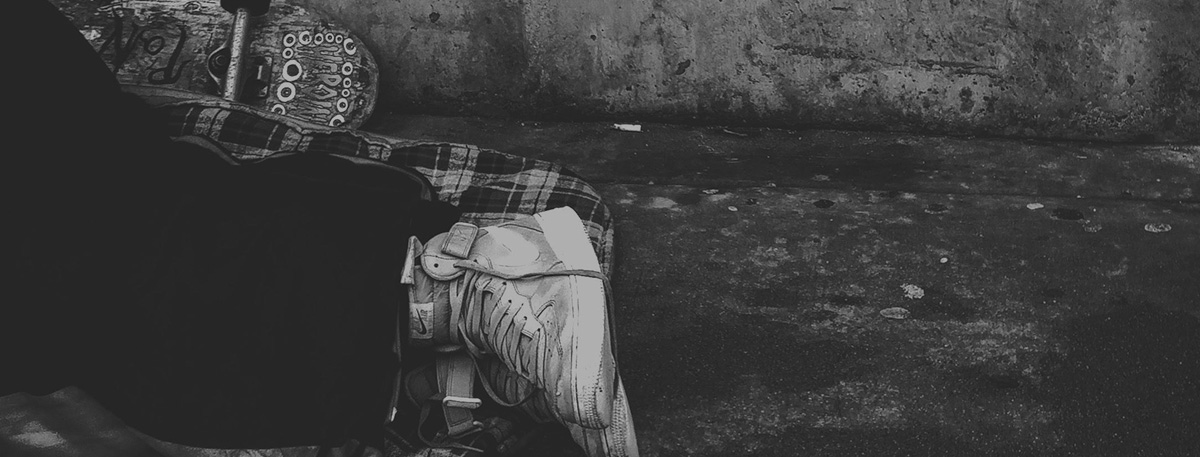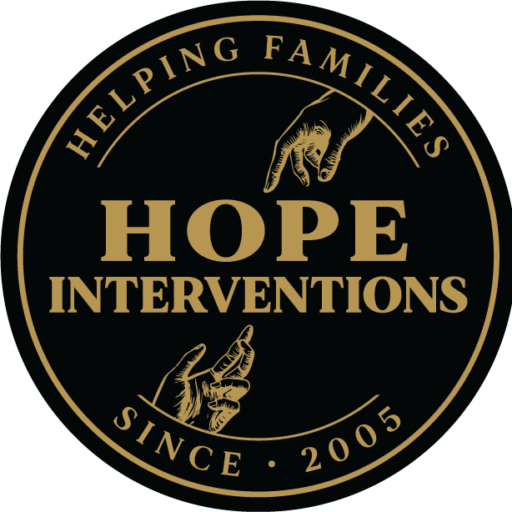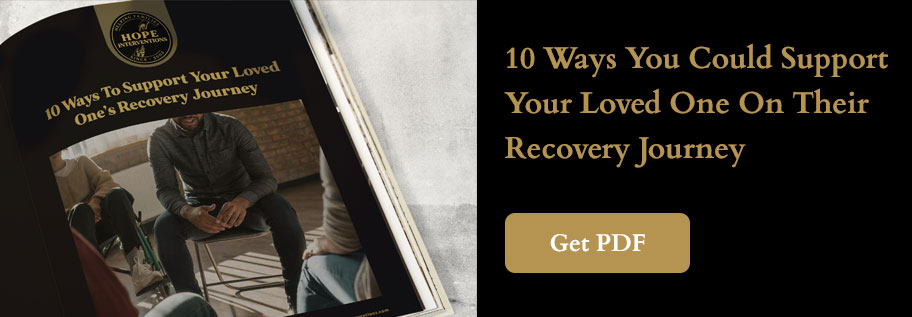Every year, thousands of families face the terrifying reality of a loved one disappearing. But when that loved one is battling addiction, mental illness, or both, the fear becomes paralyzing. They may vanish without a trace, stop answering calls, or walk away from treatment and vanish into the chaos of the streets.
If you’re reading this, you may be one of those families. Please know: you are not alone, and there are real, actionable steps you can take right now.
At Hope Interventions, we specialize in helping families locate missing individuals in crisis—and guiding them toward safety, healing, and recovery. This blog explains why these disappearances happen, what you can do, and how we can help.
Why People with Mental Illness or Addiction Go Missing
When someone disappears in the context of mental health or substance use, it’s rarely random. The causes are complex—but they often include:
1. Disorientation and Psychosis
Mental health conditions like schizophrenia, bipolar disorder, or severe depression can cause confusion, hallucinations, or delusional thinking. A person may:
- Believe they are in danger and flee
- Lose track of time and location
- Avoid familiar places or people due to paranoia
2. Shame and Avoidance
Many people in active addiction carry deep shame. They may isolate themselves, avoid family, or intentionally disappear to use without judgment or interference.
3. Relapse and Risk
A person who has recently relapsed might:
- Leave rehab or sober living abruptly
- End up on the streets
- Fall into high-risk environments (e.g., drug houses, encampments)
4. Lack of Resources
Some individuals simply lose the ability to take care of themselves—emotionally, financially, and logistically. Without ID, phone access, or transportation, they become unreachable and invisible to their families.
5. Overwhelmed by Trauma
Trauma is a root cause for many with mental health or substance use disorders. If a triggering event occurs, a person may run—sometimes without even realizing they’re doing it.
What To Do If Your Loved One Goes Missing
When someone disappears in the context of mental health or substance use, it’s rarely random. The causes are complex—but they often include:
1. File a Missing Person Report Immediately
Don’t wait 24 hours—that’s a myth. In the U.S., you can file right away, and you should specify any mental health conditions or addiction history, as that classifies them as vulnerable and increases search priority.
2. Check Local Resources
Call:
- Hospitals and detox units
- Homeless shelters and outreach programs
- Local jails or police precincts
- Crisis centers or psychiatric facilities
Provide recent photos, nicknames, known hangouts, and medical/mental health information.
3. Monitor Phone and Social Media
Often, digital footprints—like a last login, GPS tag, or message—can provide crucial leads. Be cautious, but thorough. Reach out to mutual friends or recovery contacts.
4. Engage Street Outreach Teams
In urban areas like San Diego, there are mobile teams familiar with high-risk areas where individuals in crisis often end up. We work closely with many of these partners at Hope Interventions.
How Hope Interventions Can Help
Our team has deep experience locating and supporting missing individuals with co-occurring disorders. Here’s what we offer:
✔️ Missing Person Support & Search Coordination
We work alongside families, outreach groups, and law enforcement to locate your loved one—often leveraging recovery community contacts to open doors others can’t.
✔️ Sober Transport Services
If your loved one is found and vulnerable, we can safely escort them to a hospital, treatment center, or home, using trained transport specialists who understand addiction, trauma, and mental illness.
✔️ Professional Intervention Services
Once found, we can conduct a trauma-informed, professionally led intervention to help your loved one accept care and support, rather than fleeing again.

Finding Them Is Just the First Step
Once your loved one is safe, the healing can begin—but the journey doesn’t end there. They’ll need support, structure, and long-term care to stay stable and well.
That’s why at Hope Interventions, we support the full arc of recovery—from crisis response to aftercare planning, for both the individual and the family.
You Don’t Have to Do This Alone
If your loved one has disappeared while struggling with addiction or mental illness, please don’t wait for a miracle. Act now, and ask for help. Every hour counts in these cases—and compassionate, professional support can make all the difference.
📞 Contact Hope Interventions today to speak with our team. Whether your loved one is in San Diego or across the country, we’ll help you take the next right step—because finding them isn’t just about locating a person. It’s about helping them find themselves again.

